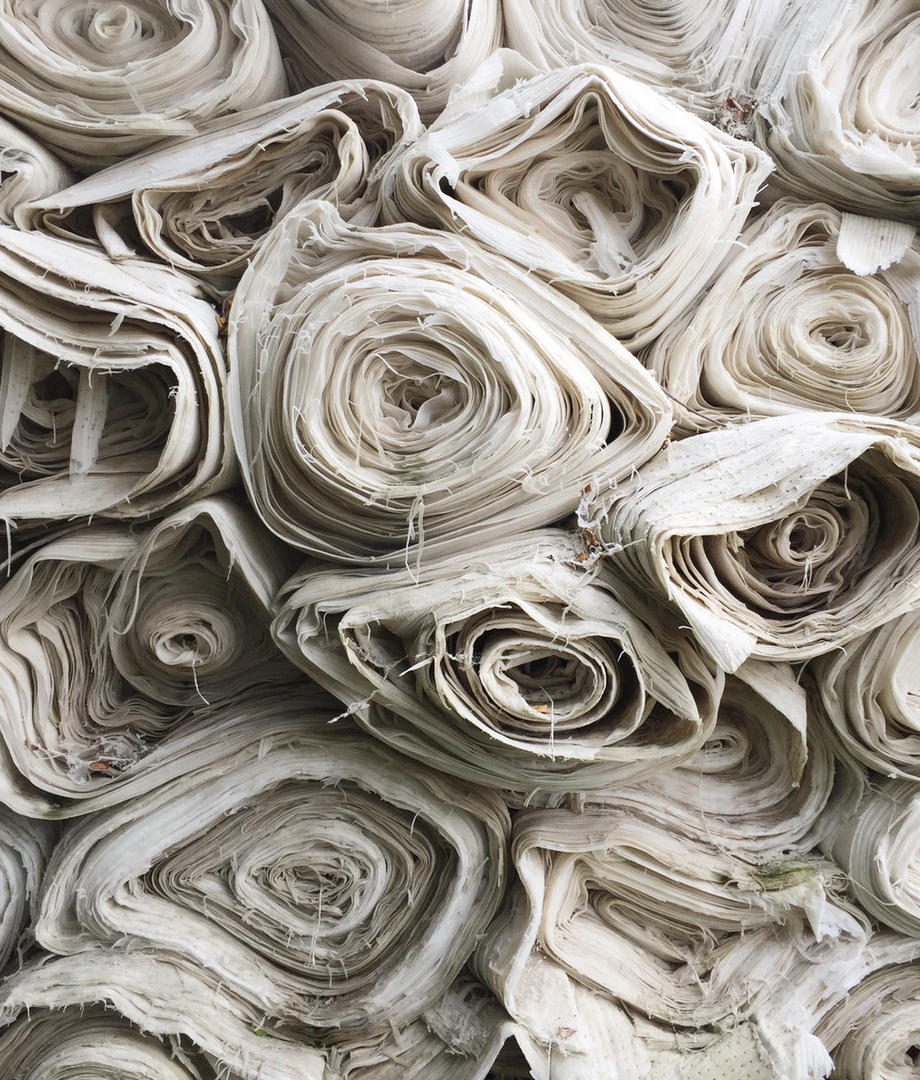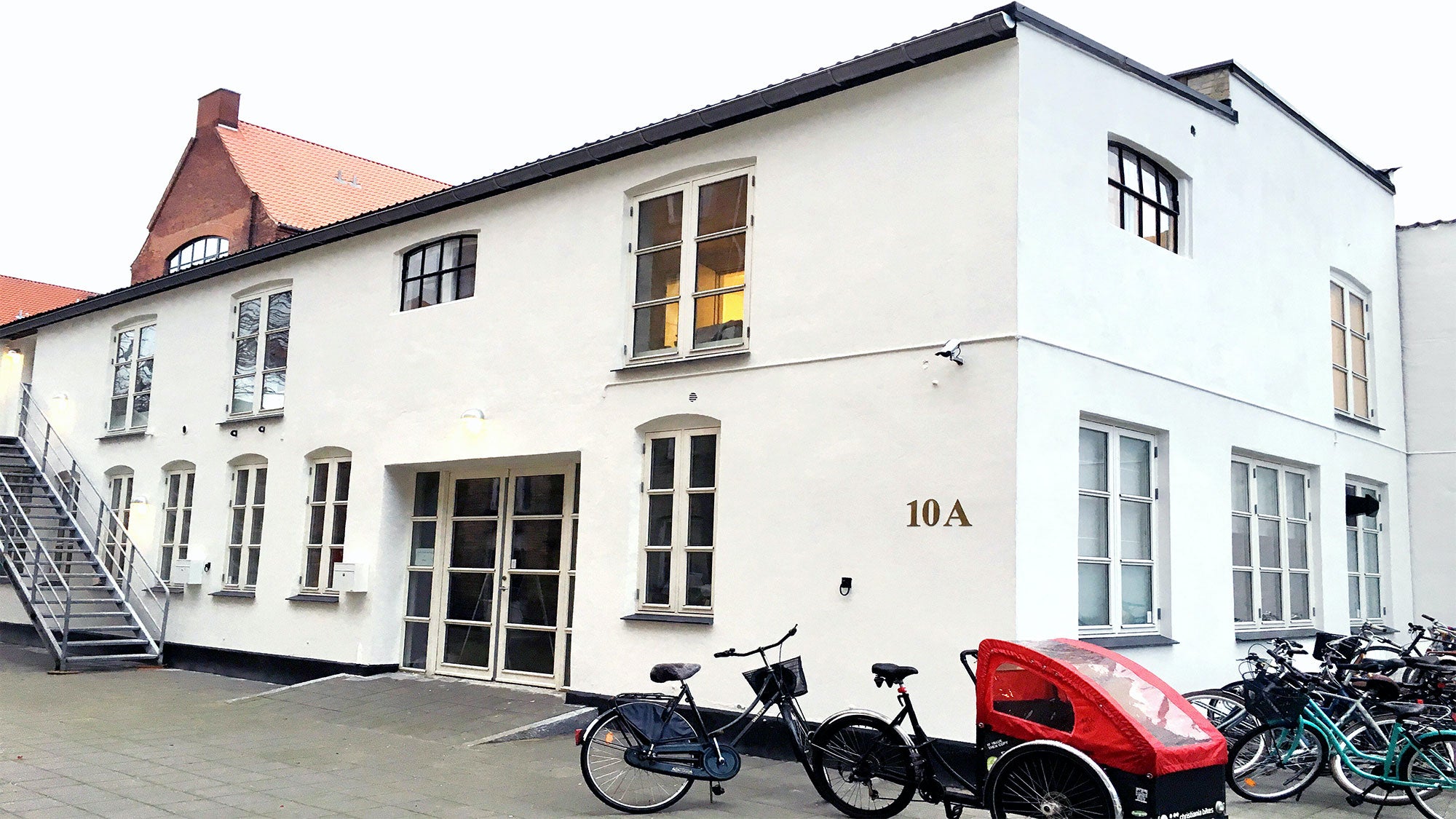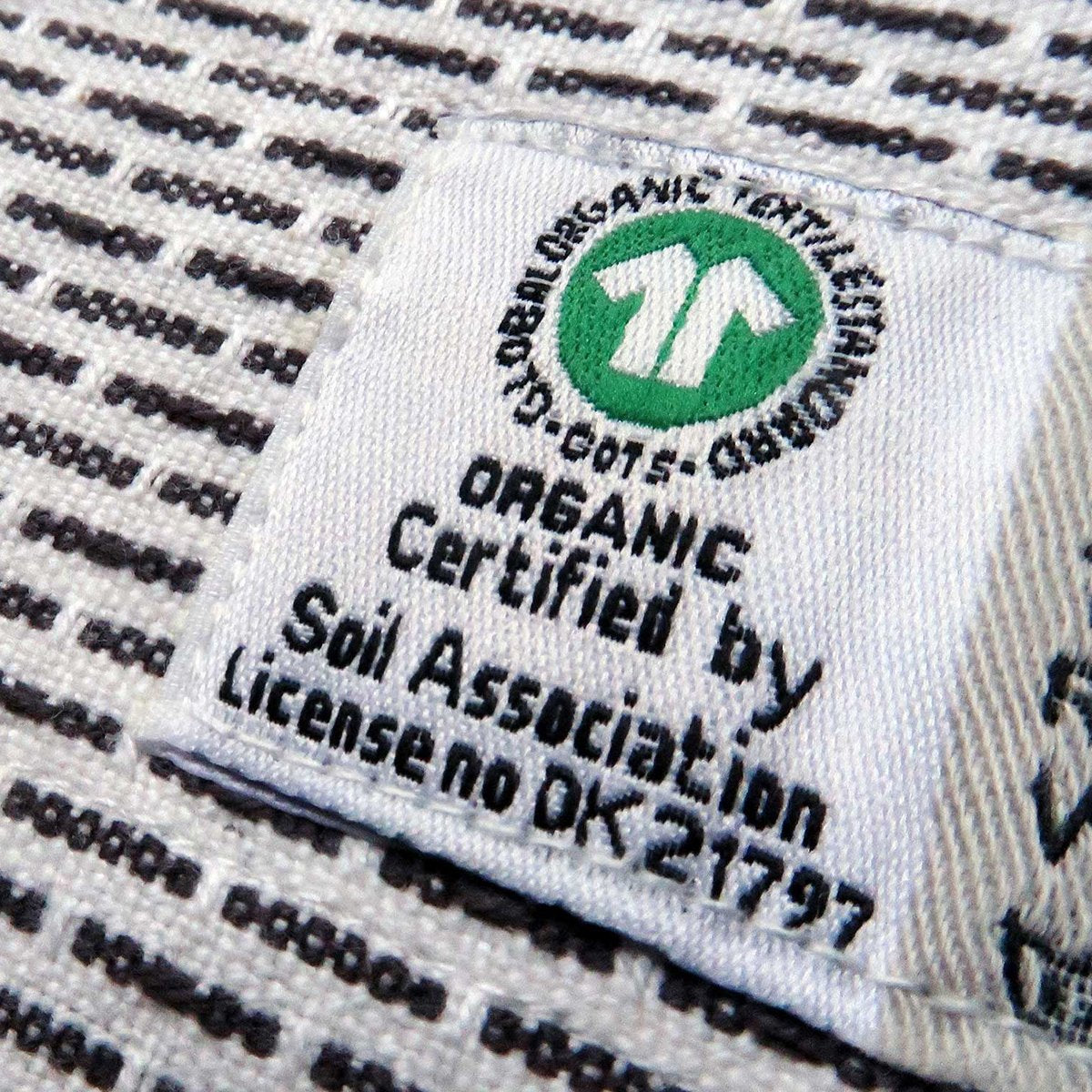
IS CONVENTIONAL COTTON REALLY THAT BAD?
Yes, it is so bad and so destructive that it should be banned. That is our opinion and below we will bring your attention to various aspects of the conventional cotton industry.
PESTICIDES The primary difference is pesticides. Conventional farming uses a lot, while organic farming uses no pesticides at all. The following chapters elaborate on pesticides and the consequences of using them.
A pesticide is any toxic substance used to kill animals, fungi or plants that are considered to cause economic damage to crops and ornamental plants or to be hazardous to human or livestock health. All pesticides interfere with normal metabolic processes in the pest and are often classified according to the type of organism they are intended to control; herbicide, insecticide, fungicide, fumigant.
References: Britannica Wikipedia
INSECTICIDES
Insecticides are categorized by any toxic substance used to kill insects . Such substances are primarily used to control pests that attack cultivated plants or to eliminate disease-carrying insects in certain areas. This is the target, but other insects in the soil and around the plant also suffer from these toxic substances.
The synthetic contact insecticides are the primary means of insect control. In general, they readily penetrate insects and are toxic to a wide range of species (target and non-target). Cotton plants are sprayed with insecticides, many of the chemicals in these products are banned in the West, but most Indian workers toil barefoot and without masks. Which makes spraying these pesticides an environmental disaster as well as a human one.
Conventional cotton is the crop using the most insecticides and pesticides in the world, it uses approx. 16% of the world's insecticides and 7% of pesticides.
References: The Guardian Britannica
WATER CONSUMPTION AND POLLUTION
The World Economic Forum has identified water scarcity as one of the top 10 global risks to society over the next 10 years, but the majority of cotton is grown in countries already facing severe water stress. So when a kilo of cotton takes as much as 20,000 liters of water to produce, it is a huge, often forgotten and devastating problem for us and our ecosystems.
Most organic cotton is grown in rain-fed areas, meaning farmers who rely on rain to irrigate their cotton, instead of having to extract water from the ground. GOTS certified cotton production (from farm to final product) uses 91% less water compared to conventional cotton production. Another way to put it: buying a GOTS-certified organic cotton T-shirt would save 2,457 liters of water compared to a conventional one.
Finally, there is the issue of waste water. In conventional cotton production, the waste water is often polluted and contains residues from heavy metals and other environmentally harmful ingredients and is rarely cleaned. In all parts of GOTS organic cotton production, the waste water is cleaned before it returns to the cycle. As much as 20% of global water pollution is a result of dyeing textiles in the conventional way. Exposure to these chemicals causes long-term complications for both humans and animals.
References: Soil Association Soil Association The Guardian
ECOSYSTEMS
An ecosystem is defined as the habitat where animals, plants and microorganisms interact with non-living factors such as landscapes and temperature. In a balanced ecosystem there is an interdependence between each element, waste materials can be used by other living animals, plants and organisms in the system. All species are important and contribute to keeping the ecosystem in balance.
When humans grow pesticides and exploit the soil, it is degraded and out of balance. This is the result of conventional farming and represents the majority of our cultivated land. Crop production accounts for 11% of global land use (which is 36 percent of all land estimated to be somewhat suitable for crop production).
It is devastating and at a certain point it is not possible to reverse it, it affects our entire ecosystem in a downward spiral.
Organic farming is a way of farming that tries to partner with nature rather than dominate it. Organic farmers cannot use synthetic substances (eg fertilizers, pesticides, drugs) and they have to restore the natural ecological balance because a functioning ecosystem is their main productive "input".
Read more about our GOTS-certified products here


